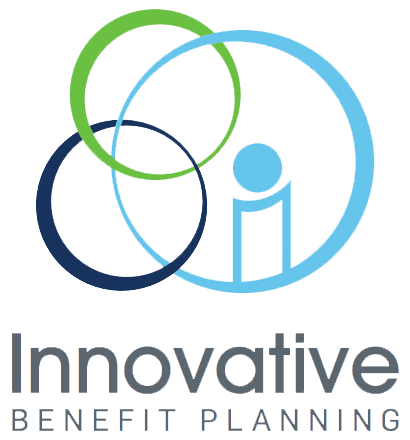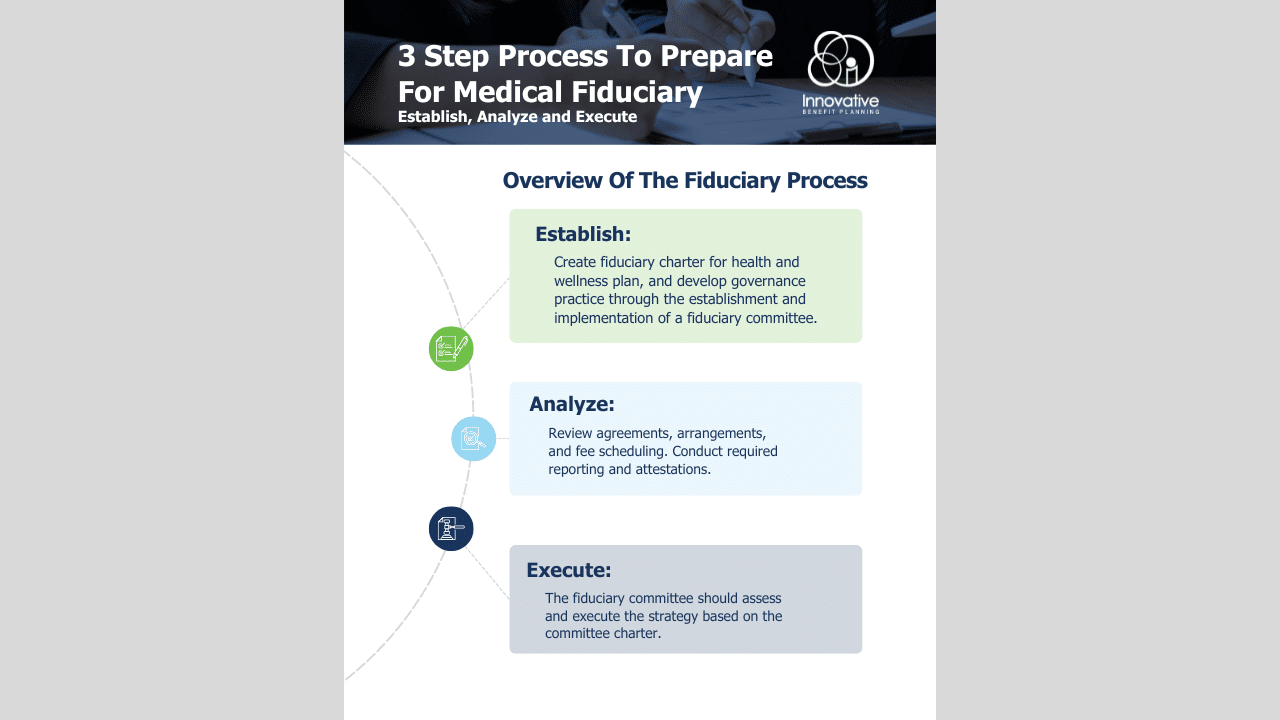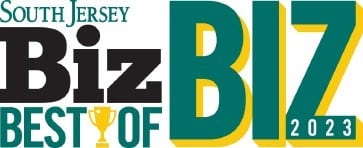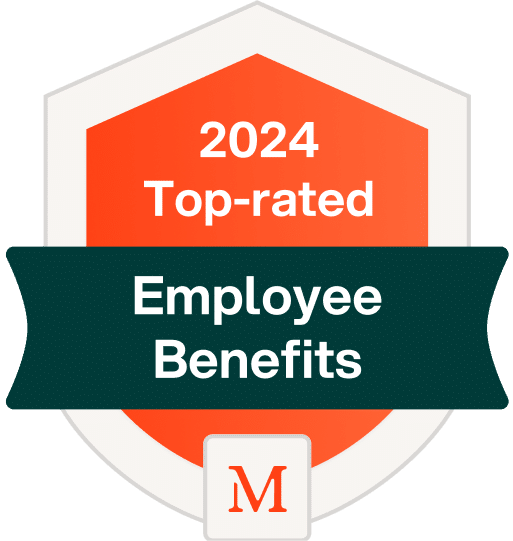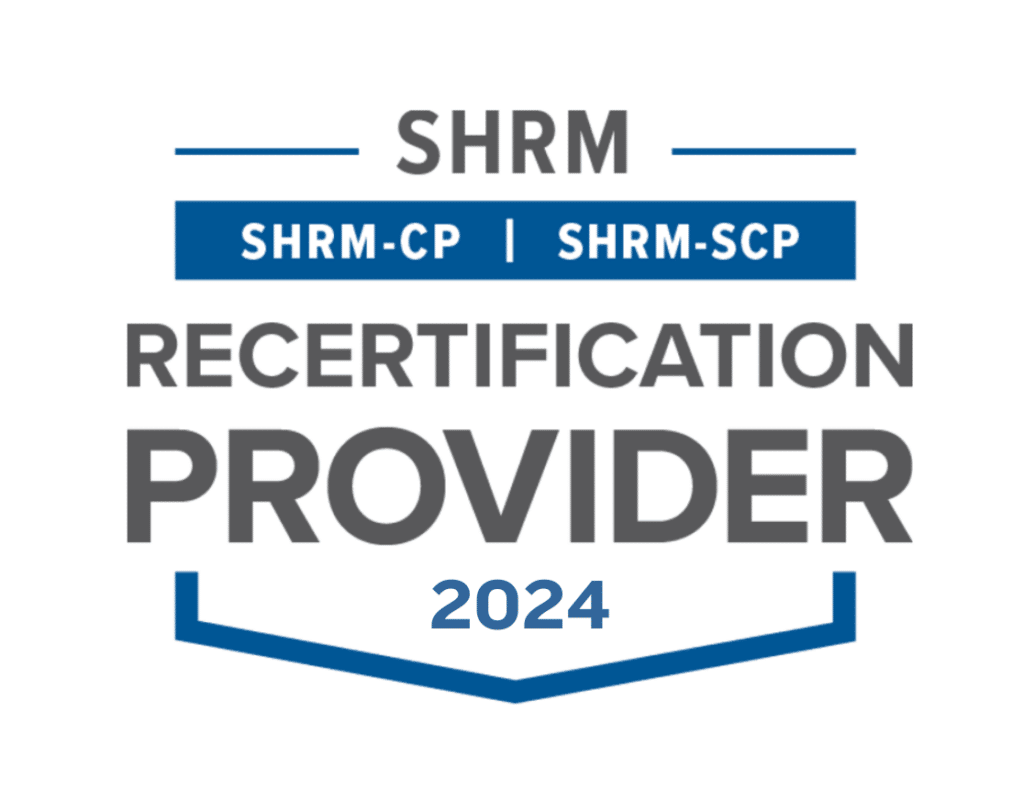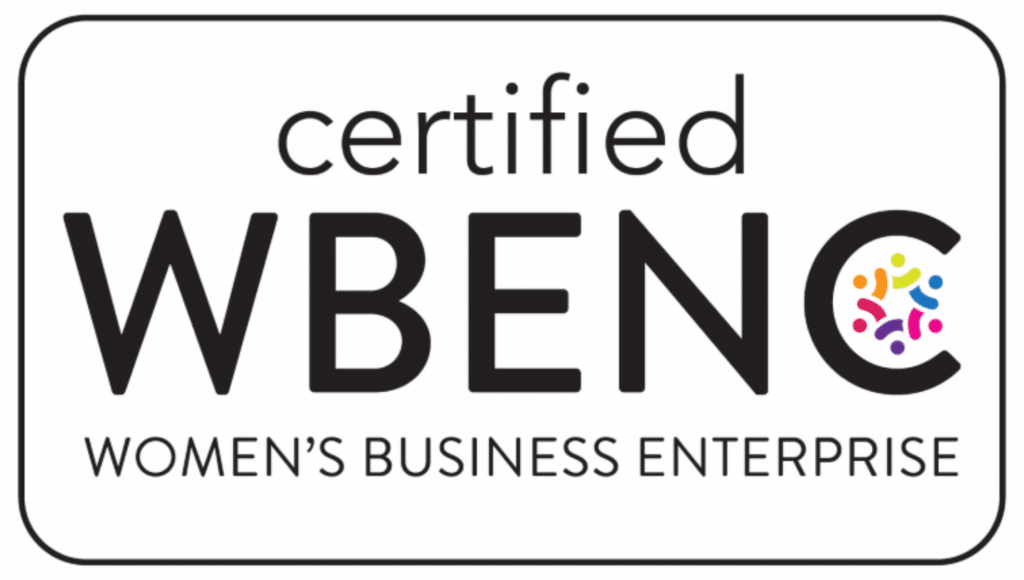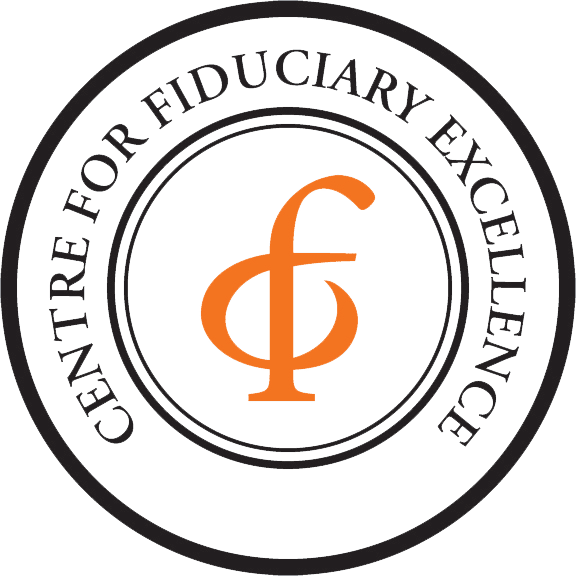November was quite an active month for compliance related updates in the law with regard to employee benefits and human resources. The IRS delayed 6055 and 6056 reporting for 2017, the Overtime Rule was delayed, the government released annual benefit plan amounts for 2017, and the IRS released advanced copies of the 2016 Form 5500. In state law news, New Jersey Governor Chris Christie decided not to end the decades old tax agreement with Pennsylvania.
IRS Delay in 6055 and 6056 Reporting for 2017 (Form 1095-B & 1095-C to Employees)
On November 18, 2016, the IRS issued Notice 2016-70 to extend the due date for furnishing to individuals the 2016 Form 1095-B, Health Coverage, and the 2016 Form 1095-C, Employer-Provided Health Insurance Offer and Coverage, from January 31, 2017, to March 2, 2017. The IRS reiterated that, for 2016 reporting, relief is available to employers who make a good faith effort to comply with the information reporting requirements and they will not be subject to penalties for failure to correctly or completely file. This does not apply to employers that fail to timely file or furnish a statement.
FLSA Overtime Rule Delayed & DOL Appeals
On Tuesday, November 22, 2016, a Texas federal judge blocked the Fair Labor Standards Act Overtime Rule by issuing a nationwide preliminary injunction. The regulation was scheduled to take effect on Dec. 1 and would have raised the salary limit for which workers could be exempt for overtime pay from $23,660 to $47,476.
Judge Amos L. Mazzant III of the Eastern District of Texas agreed with 21 states and a coalition of business groups, including the United States Chamber of Commerce, that the rule is unlawful and granted their motion for the injunction. The Judge ruled that federal law governing overtime does not allow the Department of Labor to decide which workers are eligible based on salary levels alone and that the Obama administration exceeded its authority by raising the overtime salary limit so significantly. The injunction is only a temporary measure that suspends the rule until the judge can issue a ruling on the merits, however, our interpretation of the judge’s language in the case suggests that he likely will strike down the regulation. To read Judge Mazzant’s opinion, please click here.
As expected, on December 1, 2016, the DOL filed a notice of appeal in the Fifth Circuit Court of Appeals in New Orleans. The DOL’s appeal indicates plans to challenge the injunction. The appeal does not immediately lift the injunction and employers are not required to comply with the new overtime rules until the court takes action.
FSA, HSA, and 401(k) Limits for 2017
- Healthcare FSA 2017 Contribution Limit: $2,600 ($2,550 in 2016)
- Qualified Transportation Benefits 2017
- Commuter Highway Vehicle/Transit Pass: $255 (Unchanged from 2016)
- Qualified Parking: $255 (Unchanged from 2016)
- Adoption Assistance Programs (Maximum amount excludable from federal income tax withholding in 2017 for reimbursements related to the adoption of a child, limited to necessary, and reasonable expenses)
- Excludable Amount: $13,570 ($13,460 in 2016)
- Phase-out income thresholds
- Phase-Out Begins: $203,540 ($201,920 in 2016)
- Phase-Out Complete: $243,540 ($241,920 in 2016)
- Health Savings Account Limits
- HDHP Self-Only Coverage: $3,400 ($3,550 in 2016)
- HDHP Family Coverage: $6,750 (Unchanged from 2016)
- Employee 401(k) Contribution Limits
- Maximum employee elective deferral: $18,000 (unchanged from 2016)
- “Catch-up” Contribution for those turning 50 or older: $6,000 (Unchanged from 2016)
- Defined contribution maximum limit from all sources, if under 50: $54,000 ($53,000 in 2016)
- Defined contribution maximum limit from all sources, if over 50: $60,000 ($59,000 in 2016)
- Employee compensation limit for calculating contributions: $270,000 ($265,000 in 2016)
Advance Informational Copies of 2016 Form 5500 Annual Return/Report
On November 1, 2016, The U.S. Department of Labor’s Employee Benefits Security Administration (EBSA), the Internal Revenue Service (IRS), and the Pension Benefit Guaranty Corporation (PBGC) released advance informational copies of the 2016 Form 5500 annual return/report and related instructions.
Specifically, the instructions highlight the following modifications to the forms, schedules, and instructions:
- Filers should not enter the “Preparer’s Information” at the bottom of the first page of Form 5500 for the 2016 plan year, should not answer the IRS questions at Lines 4o and 6a through 6d of Schedules H and I and the “Part VII – IRS Compliance Questions” of the Schedule R. Further, for filers who are using the Form 5500-SF, they should not enter “Preparer’s Information” at the bottom of the first page, “Part VIII-Trust Information,” and “Part IX-IRS Compliance Questions.”
- The instructions reflect updated civil monetary penalties. The maximum penalty is $2,063 per day for a plan administrator who fails or refuses to file a complete or accurate Form 5500 report. The increased penalty is applicable for civil penalties assessed after August 1, 2016, whose associated violation occurred after November 2, 2015.
Be aware that the advance copies of the 2016 Form 5500 are for informational purposes only and cannot be used to file a 2016 Form 5500 annual return/report.
Read more about the Form 5500 changes here.
New Jersey & Pennsylvania to Keep Reciprocal Tax Agreement
In November, NJ Gov. Chris Christie announced that he would not end the 38-year-old agreement with Pennsylvania that allows New Jersey and Pennsylvania residents to pay income taxes where they live, not where they work. NJ will continue to not collect income taxes from people living in Pennsylvania and working in NJ. In return, PA will continue to not collect taxes from people living in NJ and working in PA.
DISCLAIMER: The information contained herein is not considered to be tax or legal advice. Consultation with a legal or tax advisor is recommended.
UBA Compliance Advisors. The UBA Compliance Advisors help you to stay up to date on regulatory changes to help simplify your job and mitigate compliance risk.
This information is general and is provided for educational purposes only. It reflects UBA’s understanding of the available guidance as of the date shown and is subject to change. It is not intended to provide legal advice. You should not act on this information without consulting legal counsel or other knowledgeable advisors.
The following have been updated:
- FAQs about Grandfathered Plans
- FAQ about the PCORI Fee
- Highlights of the PCORI Fee
- An Overview of the PCORI Fee, Transitional Reinsurance Fee (TRF) and Health Insurance Providers (HIP) Fee
- Comparison of the TRF and the PCORI Fees
- COBRA and the ACA
- Agencies Provide Guidance on Single Benefit Products and Excepted Benefits
- FAQ about the W-2 Reporting Requirements
- IRS Provides Additional Details on Premium Payment Arrangements
- Wraparound Excepted Benefits Pilot Programs
- HRAs, HSAs, and HRSAs under the ACA
- What You Need to Know about Medicare Secondary Payer Rules
- Potential Employer Penalties under the ACA
